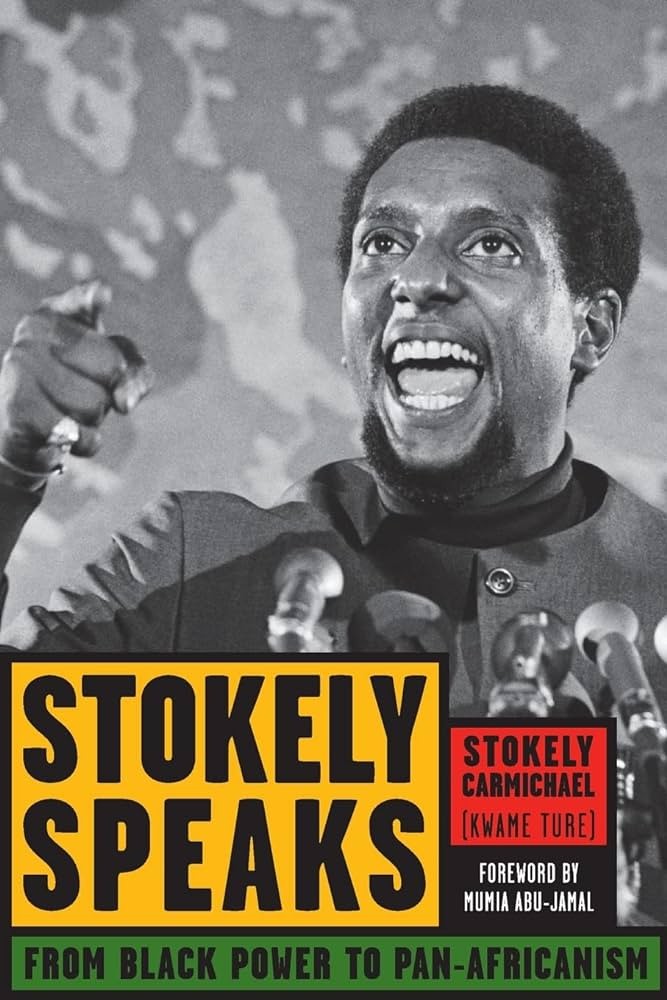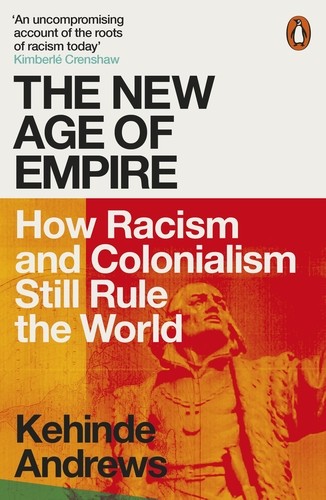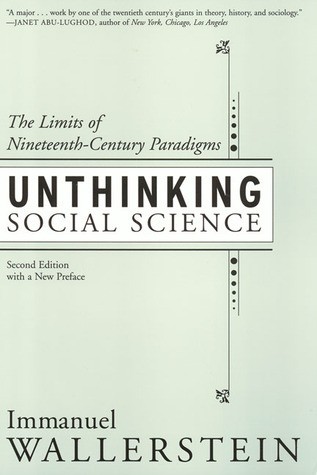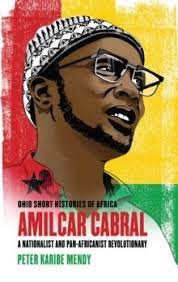Stokely Carmichael, better known as Kwame Ture, gave a number speeches and penned articles and letters, which were gathered in "Stokely Speaks: From Black Power to Pan-Africanism" (1965), with multiple prints and new Forwards added with each new print. A few quotes:
"I wouldn't be the first to point out the American capacity for self-delusion. One of the main reasons for the criticism of American society by the Students for a Democratic Society, the Student Nonviolent Coordinating Committee and other groups is that our society is exclusive while maintaining that it is inclusive." (p. 9)
"I maintain that every civil rights bill in this country was passed for white people, not for black people. For example, I am black. I know that. I also know that while I am black I am a human being. Therefore I have the right to go into any public place. White people didn't know that. Every time I tried to go into a public place they stopped me. So some boys had to write a bill to tell that white man, "He's a human being; don't stop him." That bill was for the white man, not for me. I knew I could vote all the time and that it wasn't a privilege but my right. Every time I tried I was shot, killed or jailed, beaten or economically deprived. So somebody had to write a bill to tell white people, "When a black man comes to vote, don't bother him." That bill was for white people." (p. 46)
"White Western society has been able to define, and that's why she has been the master. The white youth of my generation in the West today starts off with subconscious racism because he accepts the writings of the West, which have either destroyed, distorted, lied about history. He starts off with a basic assumption of superiority that he doesn't even recognize." (p. 80)
"Now we stand clear – self-defense will only maintain the status quo. If Egypt, Syria, and Jordan took a position of self-defense today, they would come out losing because the Israelis still occupy the land. If they want the land back, they must move aggressively against the occupying forces. And as they move aggressively, we have to move aggressively. There is no need to talk about peaceful coexistence; anyone who calls for peaceful co-existence is calling for the status quo to remain the way it is. The only solution is armed revolution! Those who say that we can exist with the imperialist forces are saying that we can exist with things the way they are, we never have to change them. But if we are suffering, we need change; and we must decide how that change is going to come about." (p. 139)
"There are basically two levels on which a colonized people move when they begin to move for their liberation: one is called, for lack of a better term, entertainment, and the second is called education. Both of them are necessary. The entertainment stage is very necessary. The entertainment is what's happening when black people say, "We're going to burn this city down. We can get Whitey. He ain't that bad." It's a sort of entertainment - we're entertaining ourselves because, for the first time, we are publicly saying what we always privately felt but were afraid to say. And while we're saying it - even though we're not powerful enough to do what we say - it's a sort of catharsis, a necessity, because, until we get to the entertainment stage, we are psychologically unequal to our oppressor. After that stage, after we begin to feel psychologically equal to the oppressor, then comes the stage of strategic planning, working out a correct ideology for a cohesive force, and moving on to victory." (p. 146-147)




